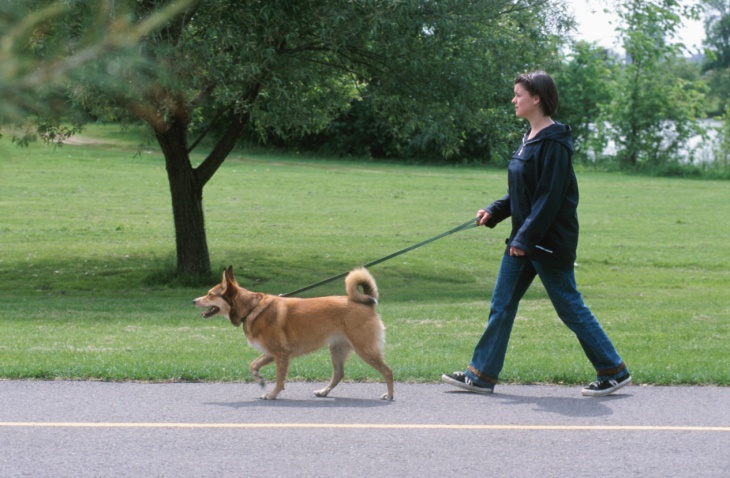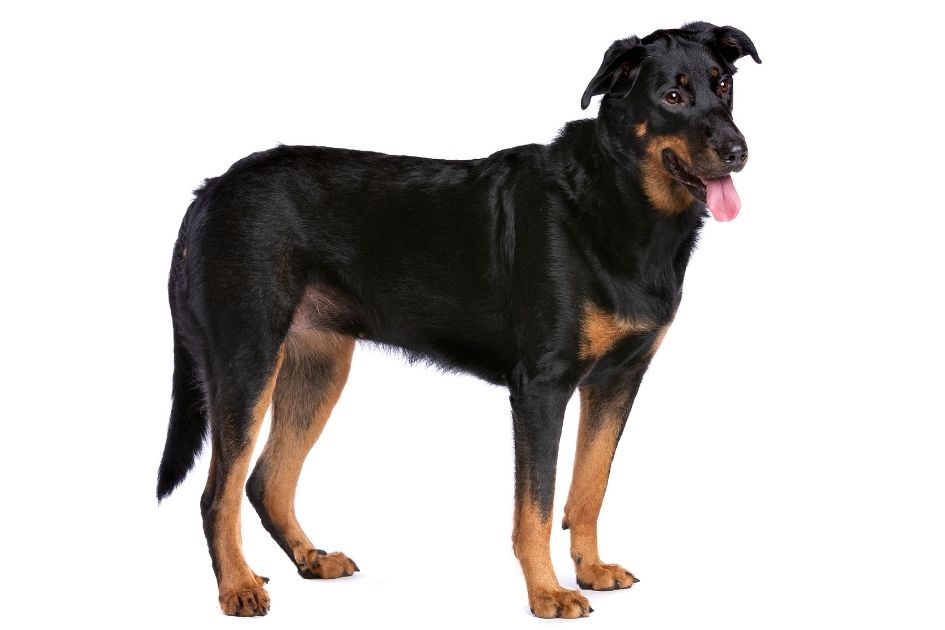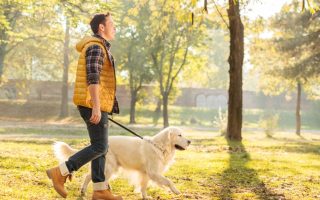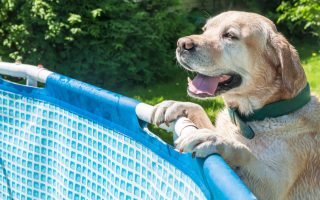It can be easy to forget that your puppy is still just a baby, especially when they’re always running around and begging you to play with them. However, it’s important to remember that your puppy needs plenty of attention, as well as all the proper food and care, in order to grow into the healthy and happy dog that you want them to be! Here are some tips on how to take care of a puppy.
Feeding your dog
When feeding your puppy, make sure you are using high-quality food from a reliable source. What and how you feed your dog will have a tremendous impact on their development, health, and personality. Poor nutrition is one of the leading causes of both physical and behavioral problems in dogs (so take care of your puppy’s teeth too!). When taking care of a puppy, be sure you check back on our post on basic dog care; we cover a lot of topics there! Additionally, veterinarians can offer up great advice based on your pet’s individual needs. We hope these resources help; enjoy caring for a puppy!
When caring for your puppy, it’s important that you know how much and what type of food they should be eating. While some dogs can get by on dry kibble or canned food, many benefit from adding in supplements such as meat, fish, or dairy products. Take care when feeding puppies with bones from cooked meats—sometimes these can splinter in their mouths and injure them! It is also important to keep an eye on your dog’s body condition throughout their life; overfeeding causes more health problems than underfeeding!
Taking walks with your dog

Keep in mind that your puppy can’t exercise for long periods of time, as he will be tired. Instead, take walks with him in a park or around your neighborhood. He will still get plenty of exercise while getting fresh air and spending time with you. The best way to take care of a puppy is by teaching it right from wrong. Teach it commands like sit and stay so that it doesn’t chew on anything inappropriate, run off when you let it outside or bark uncontrollably at other animals and people passing by. Also teach your dog not to jump up on anyone who enters your home; petting should be reserved for its owner only. The next step is to decide where you are going to keep your new pet. how long do labs live If possible, consider having an indoor/outdoor arrangement so that he has access to some outdoor space but also comes inside at night or if it rains. A crate can help control accidents indoors until he learns what is acceptable behavior. In addition, many dogs love digging and chewing—especially puppies—so if you have an outdoor space where they might do these things, consider using artificial turf instead of grass.
Dog training
Take your puppy out every day to potty. A general rule of thumb is a puppy needs to potty after waking up, after naps, after drinking water and eating, and before bedtime. If you can figure out which of these times your dog tends to need to potty every day, you’ll be able to predict when they will need a bathroom break keep in mind that puppies have shorter attention spans than adult dogs and may go through periods of accidents as they learn how long it takes for them go on their own. You should also look into crate training (see above) if you don’t want to be interrupted while you’re working or sleeping but still want your puppy to have somewhere safe to stay while he’s not under supervision. A crate provides a safe place for him where he won’t feel like he has free reign over his surroundings which is important because an unsupervised pup could chew things up or get into trouble. It’s best if you start crate training right away so that he doesn’t begin associating his crate with punishment later on. When crating your pup, make sure there are plenty of toys and treats available so that being inside isn’t too boring or uncomfortable you want him to enjoy being in there!
Playdates with other dogs
Whether you’re a mom or dad, your puppy still needs to play and interact with other dogs. Take your pup on regular playmates so he can interact with other dogs his own age. If you don’t have any dog-owning friends, ask around at local dog parks or pet stores if they know of other owners willing to meet up for a game of fetch! Socialization is important because it helps puppies learn how to get along with others. And socialization also builds confidence in young pups which means less time being afraid of things like thunderstorms and more time just enjoying life.
Caring for your dogs skin and coat
Dog owners have a huge responsibility when it comes to taking care of their puppies, and as you care for your dog, you’ll have an easier time getting them used to grooming. Start by training them from puppyhood that being brushed doesn’t mean they’re in trouble. The same goes for touching their paws, as some dogs react negatively because they’re ticklish or feel vulnerable. Getting them used to having their nails trimmed is another crucial step in caring for your dog. It’s best to do this with regular touch sessions so they get used to it rather than doing it all at once, as many pups will try and run away when first touched there. If possible, keep an eye on your pup during visits to avoid these issues when going outdoors!







